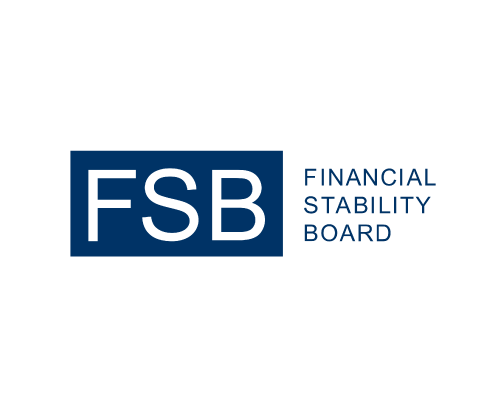News

A Glance at The CEO of Gulf Payments Speech in the Meeting of the FSB Regional Consultative Group for the Middle East and North Africa (RCG MENA)
06-12-2023

The Financial Stability Board Regional Consultative Group for the Middle East and North Africa (FSB RCG MENA) held its meeting virtually on Wednesday, November 22, 2023, with the participation of several members of the Group, including Central Banks governors from the Middle East and North Africa. The meeting was chaired by His Excellency the Governor of the Saudi Central Bank (SAMA), Mr. Ayman Alsayari, and His Excellency the Governor of the Central Bank of Egypt, Hassan Abdullah.
Invited by the FSB RCG MENA, Mr. Ali Alhomidan, the CEO of Gulf Payments Company, participated as a speaker in the third working session, joining Mr. Rubert Thorn, the Deputy Secretary General at FSB, who also served as a leader speaker.
In his participation, Mr. Alhomidan addressed several key topics as follows:
• A brief overview of the objectives of the Gulf Payments Company and the Gulf Payments System (AFAQ) in the GCC region, and the company’s role in formulating and establishing strategies for regional payments and settlement systems. (AFAQ) provides financial transfer services among GCC countries, utilizing state-of-the-art technologies and adhering to internationally recognized principles and practices. This aligns closely with the goals of (G20), the Committee on Payments and Market Infrastructures (CPMI), and the Financial Stability Board (FSB).
• The company’s achievements towards meeting the requirements and programs of the G20 and its affiliated working committees, as well as what (AFAQ) has accomplished by implementing the goals outlined in the 2023 Financial Stability Board Key Performance Indicators (KPIs) report. This includes the development of the capabilities of central payment and settlement infrastructures, supporting the move to common data standards for payment messages, delivering the tools needed for harmonized Application Programming Interfaces (APIs), implementation of (ISO20022) international standards, and harmonization of legal, regulatory, and supervisory frameworks for cross-border payments in GCC countries through joint efforts between GCC Central banks and Gulf Payments Company.
• Overview of the legal agreements, sound governance, service levels, processes, operating rules, and regulations of (AFAQ) operated by the Gulf Payments Company. The legal agreements between the participating GCC Central Banks identify key operational, regulatory, and legal aspects that need to be in place to support the safe and efficient functioning of the AFAQ payment services. This also includes a uniform application of finality of payment rules and core regulatory requirements, such as Anti-Money Laundering and Countering the Financing of Terrorism (AML/CFT).
• The official fixed exchange rates issued and guaranteed by the GCC Central Banks for GCC currencies through (AFAQ) system business day, optimal handling of end-of-day settlement, and its effective management and implementation. This has effectively contributed to mitigating financial risks, reducing associated costs of financial transfers, lowering transfer fees, and increasing transparency levels, allowing both the payers and payees to access information in their transfer messages, such as fees, exchange rates, and transfer status.
• For wholesale and retail payments, [99%] of cross-border payments are credited, settled, and reconciled within a second of entry into the AFAQ cross-currency system as opposed to the (FSB – KPI is 75%) to be credited within one hour of payment initiation.
• Mr. Alhomidan welcomed the relevant G20 working committees and expressed the company’s readiness to cooperate and share its successful experiences with (AFAQ) system in meeting requirements and achieving KPIs, positioning (AFAQ) as a successful example on an international level in cross-border payment systems.
News